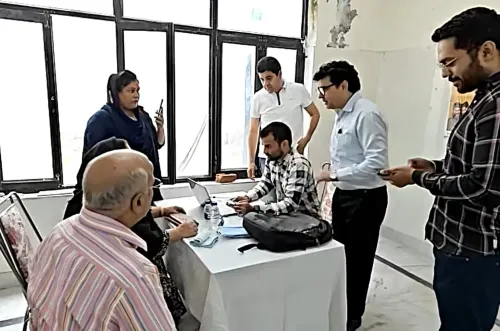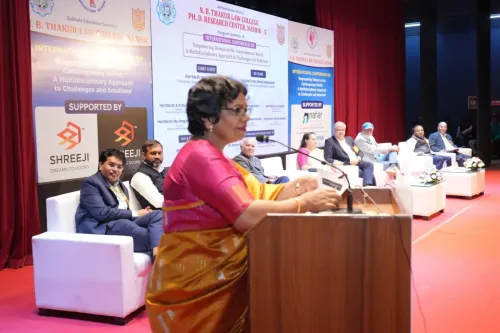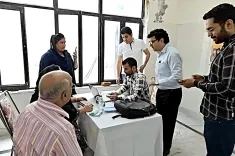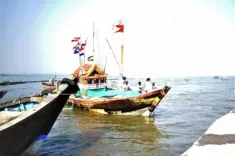Will the Kerala HC's Ultimatum Prompt Action from the Centre on Loan Waivers for Wayanad Landslide Victims?

Synopsis
Key Takeaways
- The Kerala High Court is urging the Central government to address loan waivers for Wayanad landslide victims.
- Survivors are facing significant financial hardships in the aftermath of the disaster.
- The court has expressed dissatisfaction with the government's action and response time.
- There is a collective loan exposure of Rs 35.30 crore among 12 banks in the affected area.
- The court emphasizes the government's duty to support its citizens in times of crisis.
Kochi, Aug 13 (NationPress) The Kerala High Court has issued a final ultimatum to the Central government regarding its decision on the loan waivers for the victims affected by the devastating Wayanad landslides. A division bench comprising Justices A.K. Jayasankaran Nambiar and Jobin Sebastian was addressing a suo motu case initiated after the catastrophic landslide that occurred on July 30, 2024.
During the proceedings, the court sought clarity on the Centre's stance concerning the loan waivers. The Additional Solicitor General, representing the Central government, stated that no conclusive decision had been communicated but promised updates by September 10.
Noting the ongoing delays, the bench remarked: "Schedule this matter for September 10. This is the final opportunity for the Central government to respond regarding the decision on the loan waivers." In earlier hearings, the ASG explained that the issue had transitioned from the Ministry of Home Affairs to the Department of Expenditure and is currently awaiting instructions from the Finance Ministry.
This is not the first instance of the court expressing discontent with the Central government’s response. In April, the High Court had criticized both the Union government and the National Disaster Management Authority for their lack of action and encouraged them to follow the example set by Kerala Bank, which had written off Rs 5 crore in loans owed by affected individuals.
As per court documents, 12 banks have a total of 3,220 accounts in the landslide-impacted area, with a cumulative exposure of Rs 35.30 crore. The bench previously reminded the Centre of its duty as the chief executive in a welfare state, urging it to support citizens who have lost their livelihoods rather than allowing banks to adopt a “Shylockian” stance towards borrowers.
The disaster on July 30, 2024, devastated four villages, injuring hundreds, claiming over 200 lives, and leaving 32 individuals unaccounted for. Survivors are still grappling with financial challenges as they attempt to rebuild their lives.









